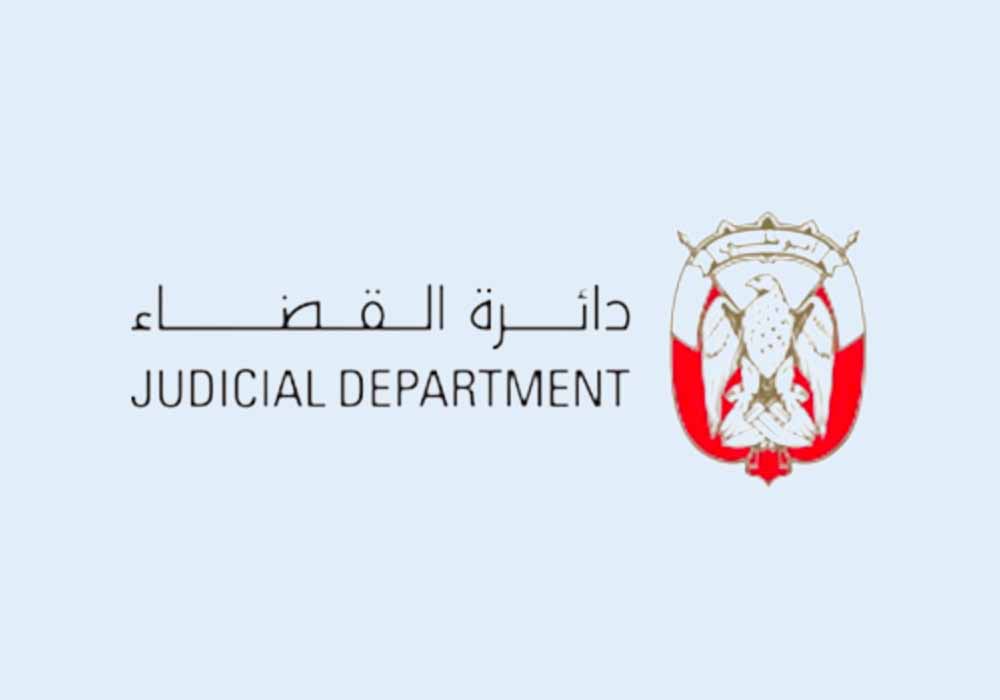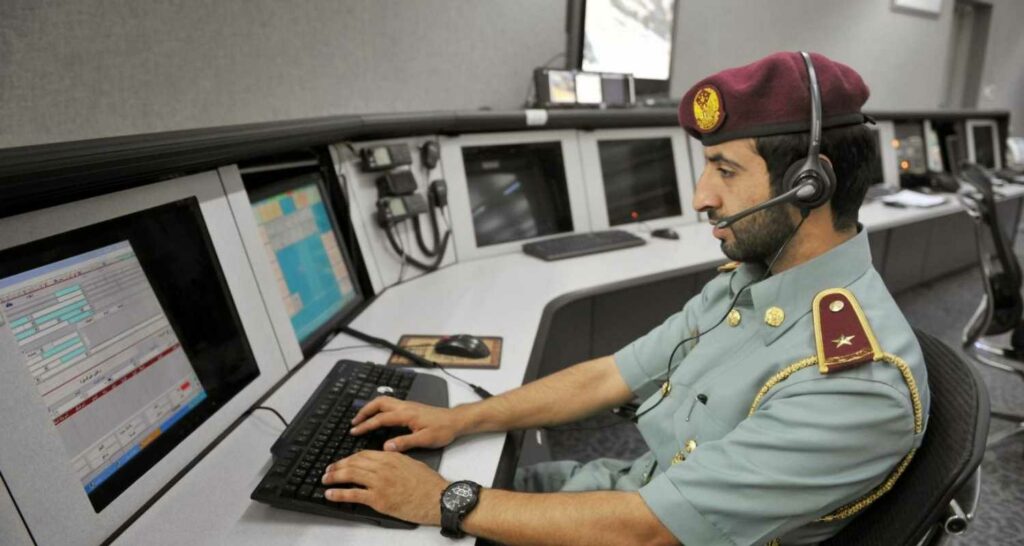The Abu Dhabi Marriage Court is a significant institution in the United Arab Emirates (UAE) that oversees the legal aspects of marriages and divorces. It is responsible for providing couples with legal advice and guidance, as well as settling disputes related to marriage and family matters. If you are planning to get married or divorce in Abu Dhabi, you will need to interact with the Marriage Court.
The Abu Dhabi Marriage Court is known for its efficient and transparent services, which are provided in accordance with Islamic law and local regulations. The court has a team of experienced judges and legal experts who are well-versed in family law and can provide you with the necessary support and assistance. Whether you need to register your marriage, file for divorce, or resolve a dispute, the Marriage Court can help you navigate the legal system and ensure that your rights are protected.
Abu Dhabi Marriage Court Overview
If you are looking to get married in Abu Dhabi, you will likely need to visit the Abu Dhabi Marriage Court. This court is responsible for overseeing all marriage-related legal matters in the emirate.
Jurisdiction and Authority
The Abu Dhabi Marriage Court has jurisdiction over all marriage-related legal matters in Abu Dhabi. This includes registering marriages, issuing marriage certificates, and handling divorce proceedings. The court also has the authority to resolve disputes related to marriage and family matters.
Location and Contact Information
The Abu Dhabi Marriage Court is located in the Al Dhafra area of Abu Dhabi. The court is open Sunday through Thursday from 7:30am to 2:30pm. You can contact the court by phone at +971 2 801 1111 or by email at [email protected].
If you plan to visit the Abu Dhabi Marriage Court, it is important to bring all necessary documentation with you, including your passport and any relevant marriage or divorce certificates. It is also recommended to arrive early in the day to avoid long wait times.
Marriage Application Process
If you are planning to get married in Abu Dhabi, you will need to go through the marriage application process at the Abu Dhabi Marriage Court. This process involves fulfilling certain eligibility criteria, providing required documentation, and booking an appointment. Here is what you need to know about each of these steps.
Eligibility Criteria
To be eligible for marriage in Abu Dhabi, you must meet the following criteria:
- You must be at least 18 years old.
- You must not be closely related to your intended spouse.
- If you are a non-Muslim, you must have a certificate of no objection from your embassy or consulate.
Required Documentation
When applying for marriage at the Abu Dhabi Marriage Court, you will need to provide the following documents:
- Original passports and copies of both partners.
- Original and copy of UAE national ID for UAE citizens.
- Original and copy of residency visa for non-UAE citizens.
- Original and copy of birth certificate for both partners.
- Original and copy of certificate of no objection for non-Muslims.
- Original and copy of divorce certificate or death certificate of previous spouse (if applicable).
Appointment Booking
Once you have fulfilled the eligibility criteria and gathered the required documentation, you can book an appointment at the Abu Dhabi Marriage Court. You can do this online or in person at the court. During the appointment, you will need to provide the required documents and pay the marriage fees. After the appointment, you will receive a marriage certificate that is recognized by the UAE government.
Ceremony and Legalization
Marriage Ceremony Procedure
When it comes to getting married in Abu Dhabi, the first step is to complete the legal formalities at the Abu Dhabi Marriage Court. The court requires the presence of two male witnesses, or one male and two female witnesses who are either relatives or friends of the couple. The marriage ceremony is conducted by a marriage officer who is authorized by the court.
The ceremony starts with the reading of the marriage contract, which outlines the rights and obligations of both parties. The couple then signs the contract, followed by the witnesses. The marriage officer then declares the couple as legally married.
Certificate Issuance
After the ceremony, the couple is issued a marriage certificate from the Abu Dhabi Marriage Court. This certificate is an official document that proves the couple’s marriage and is required for various legal purposes, such as applying for a spouse visa or registering the marriage in other countries.
The certificate includes the names of the couple, their nationalities, the date and place of the marriage, and the signature of the marriage officer. The certificate is available in both Arabic and English.
Legalization for Use Abroad
If the couple intends to use the marriage certificate outside of the UAE, it may need to be legalized for use abroad. This process involves getting the certificate attested by the Ministry of Foreign Affairs and the embassy or consulate of the country where it will be used.
It is important to note that the legalization process may vary depending on the country and its specific requirements. It is recommended to consult with the embassy or consulate beforehand to ensure that the certificate is properly legalized.
Interfaith and Expatriate Marriages
Special Considerations
Abu Dhabi Marriage Court deals with a diverse range of cases, including interfaith and expatriate marriages. In such cases, there are certain special considerations that need to be taken into account. For instance, if one or both parties are non-Muslim, then the marriage contract must be drafted in accordance with their respective religious beliefs.
Another important consideration is the language barrier. If one or both parties are not fluent in Arabic, then an interpreter may be required to ensure that both parties fully understand the terms of the marriage contract.
Legal Implications
In Abu Dhabi, marriage contracts are legally binding documents that have significant implications for the parties involved. For example, the contract outlines the rights and responsibilities of each spouse, including financial obligations and custody of children. It is crucial that both parties fully understand the terms of the contract before signing it.
In the case of interfaith marriages, the contract may need to be modified to accommodate the religious beliefs of both parties. This can be a complex process that requires careful consideration and legal expertise.
Overall, the Abu Dhabi Marriage Court is well-equipped to handle interfaith and expatriate marriages. With its experienced judges and knowledgeable staff, the court ensures that all parties receive fair and just treatment under the law.
Family Law in Abu Dhabi
Abu Dhabi Marriage Court is responsible for handling family law cases in the Emirate of Abu Dhabi. The court has a comprehensive system in place to ensure that all cases are handled efficiently and effectively. The following are some of the key aspects of family law in Abu Dhabi.
Divorce Regulations
The Abu Dhabi Marriage Court handles divorce cases in accordance with the UAE Personal Status Law. Under this law, a husband may divorce his wife by way of talaq, which is the unilateral repudiation of the marriage by the husband. A wife may also initiate divorce proceedings by way of khula, which is a mutual agreement to dissolve the marriage.
The court has a number of procedures in place to ensure that divorce cases are handled fairly and efficiently. For example, if the parties cannot reach an agreement, the court may appoint a mediator to help them reach a settlement. If this is not successful, the court will issue a judgment based on the evidence presented.
Child Custody Laws
The Abu Dhabi Marriage Court is responsible for handling child custody cases in accordance with the UAE Personal Status Law. Under this law, the welfare of the child is the primary consideration in any custody dispute.
The court has a number of procedures in place to ensure that custody cases are handled fairly and efficiently. For example, the court may appoint a guardian ad litem to represent the interests of the child. The court may also order a social inquiry report to be prepared to assist in determining the best interests of the child.
Overall, the Abu Dhabi Marriage Court has a comprehensive system in place to handle family law cases. If you are involved in a family law case in Abu Dhabi, it is important to seek the advice of an experienced lawyer to ensure that your rights are protected.



